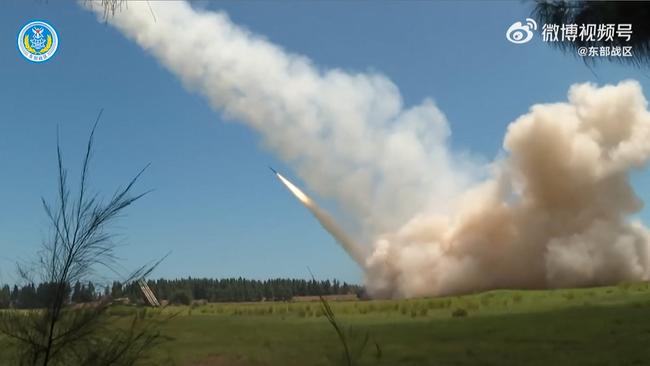
Richard Nixon changed the course of history during his presidential visit to Beijing in 1972. The policy of isolation that had ruled the terms of engagement between the US and China was replaced with an intent to welcome China into the international community.
As he made clear in a 1967 article for Foreign Affairs, the best strategy to deal with the red dragon was to strengthen Asian countries so they could present a counterforce to communist hegemony in the region.
But the Vietnam War complicated matters. In 1978, president Jimmy Carter announced that the US would formally recognise China and sever diplomatic relations with Taiwan. Under pressure from China, he sacrificed the country that would become one of the greatest political counterweights to Chinese regional aggression.
The Labor government has yet to make Australian national security its main priority. Yet the CCP has been generous enough to advise the world of its plans for expansion by force in advance. When China decides to take Taiwan by force, it will leave the US with little option but to enter the theatre of war. Australia is not ready for the conflict and the government is not acting with the urgency China’s rapidly escalating aggression demands.
The moral obligation for the West to defend Taiwan is clear enough. The liberal democratic order exists to defend smaller countries and regions from totalitarian violence. As such, allowing China to seize Taiwan would be morally indefensible. However, the US has a special responsibility given its establishment helped to make China rich on the reasonable assumption that inclusive foreign policy and free trade might encourage the liberalisation of the CCP. Instead, it empowered a totalitarian state to become a military force second only to the US in defence capability.

The Pentagon has reported that China built 12 nuclear submarines in 15 years. It has the largest navy in the world and an increasing stockpile of nuclear weapons. China’s aggression against Taiwan during the month has included firing ballistic missiles toward the island, banning key exports, sending drones and dozens of warplanes into its airspace and threatening it with invasion. Formerly allied countries are waking up to the threat.
In Europe, the reverberations of China’s hostility towards Taiwan and “no limits” alliance with Russia were felt as more Baltic states quit the China and Central and Eastern European Countries group. The group’s goals include deepening trade ties and promoting Beijing’s Belt and Road Initiative. Latvia and Estonia have followed Lithuania, which left the group after China threatened it for allowing Taiwan to open a diplomatic office in Vilnius. China imposed severe trade restrictions, banning about 90 per cent of Lithuanian goods. The Taiwanese responded in kind by welcoming imports from the besieged Baltic state in a season of “Lithuania mania” on the island.
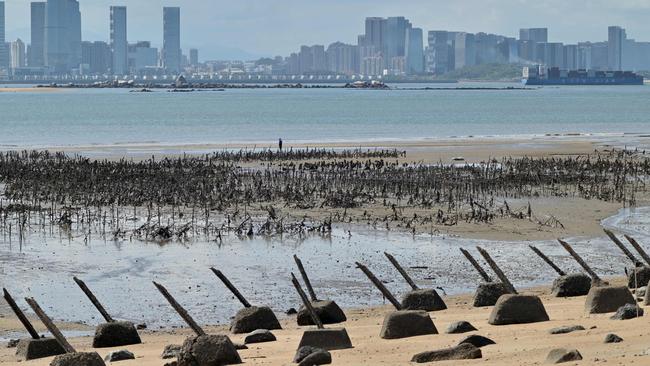
The more China flexes its muscles against smaller countries, the less it gains in popular appeal. The CCP is losing the soft-power war and the knowledge of it has driven top diplomats to drop the charm offensive and resort to naked aggression.
The so-called wolf warriors of Chinese foreign diplomacy behave more like thugs abroad. They spread disinformation, defend trade coercion and threaten dissenters. Chinese ambassador to France Lu Shaye threatened that after China had won Taiwan, it would subject the Taiwanese people to “re-education”.
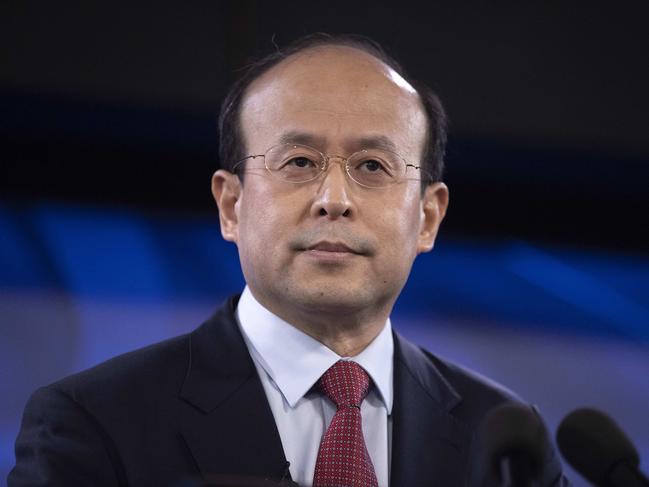
Chinese ambassador to Australia Xiao Qian provoked the National Press Club in Canberra by prognosticating that after China takes Taiwan by whatever means necessary, it might oversee a process whereby Taiwanese would come to have a “correct understanding of China”. His calm delivery laced the word “correct” with a certain menace – one usually reserved for the chief villain in dystopian fiction.
For its domestic audience, the CCP sells the military conquest of Taiwan as a unifying nationalist story and an inevitable historical process. In reality, it is an attempt to shore up Chinese military power, eliminate competition and steal the fruits of Taiwanese democracy, including its technology.
China is still playing catch-up to the US which remains the world’s leading military power. It is another reason Taiwan cannot fall. Not only would its semiconductor industry provide the PLA with new firepower capabilities, but could also provide a quantum leap for its cyberwarfare industry. And a swift conquest of the island country could provide the CCP with military assets and a new base to counter US naval offensives inside the first island chain.
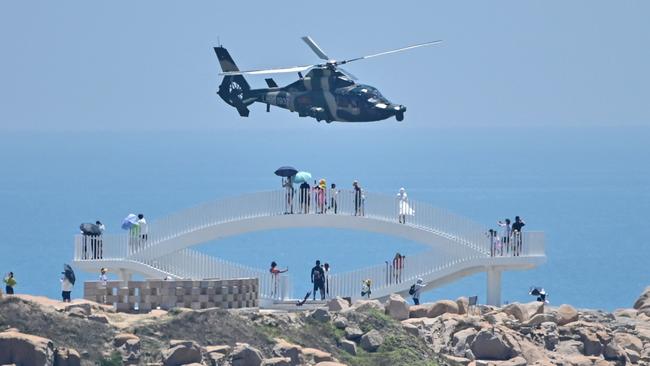
The prospect of military conflict between China and the US has moved from the realm of possibility to probability. The past fortnight of Chinese action against Taiwan has been nothing short of remarkable. It has exposed the heightened paranoia of CCP leadership, shortening intervals between its acts of overt military aggression and the party’s abandonment of diplomacy as a soft-power instrument.
The Australian government knows we are not ready but the risks have risen dramatically. Our best hope is that the US will constrain the CCP menace. But preparing for the worst is a sounder strategy for victory in war than relying on faith alone.


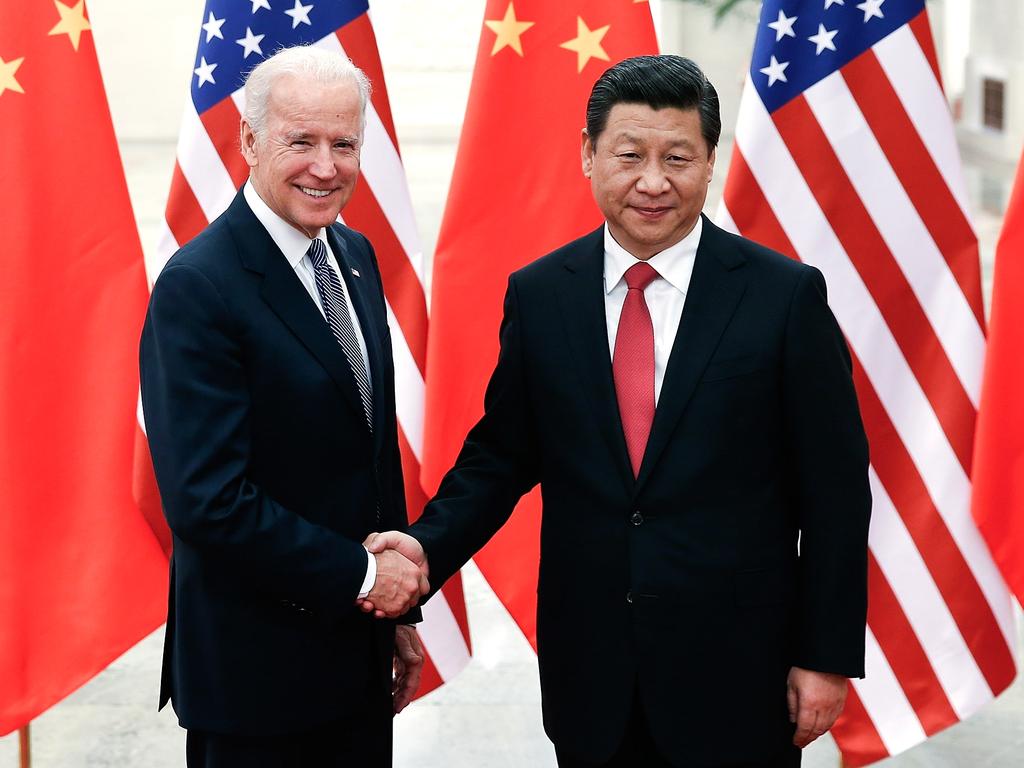
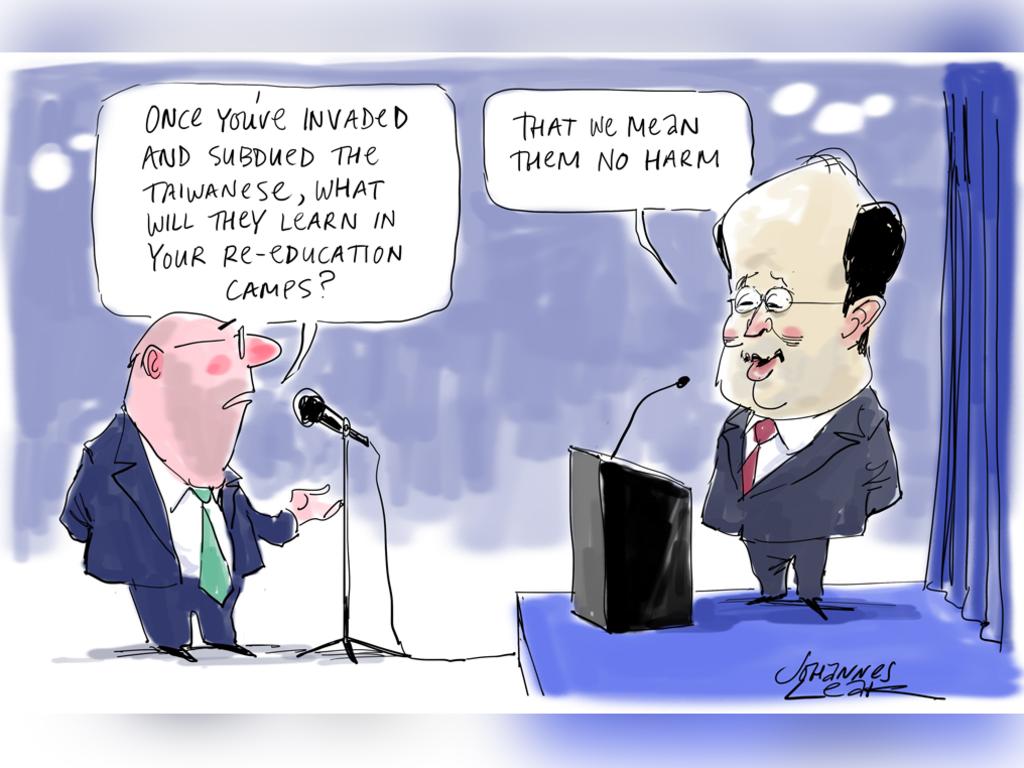
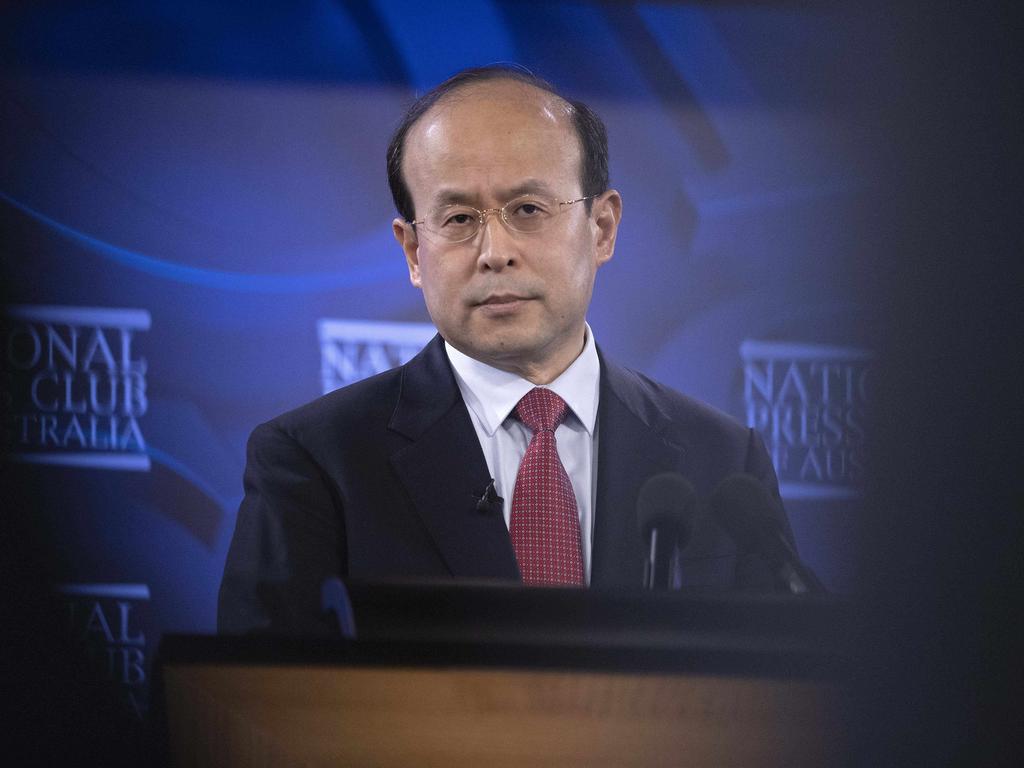
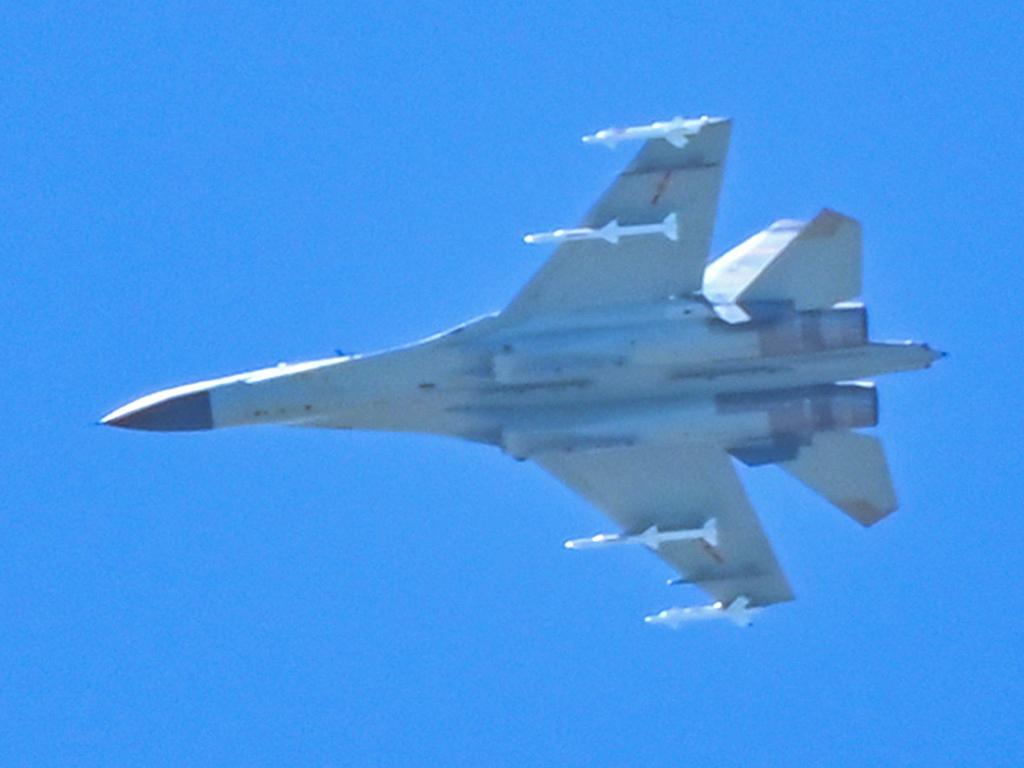


Until recently, war with China was unthinkable. For 50 years, Western engagement with China was buoyed by the belief that a more inclusive foreign policy and liberal trade policy would lead it on to the path to democracy. It is fair to assume the era of rapprochement is at an end. The brutality of the Chinese Communist Party towards Taiwan over US Speaker Nancy Pelosi’s visit laid bare its plans to take the island country by force. Yet there are compelling reasons the US cannot allow Taiwan to fall.